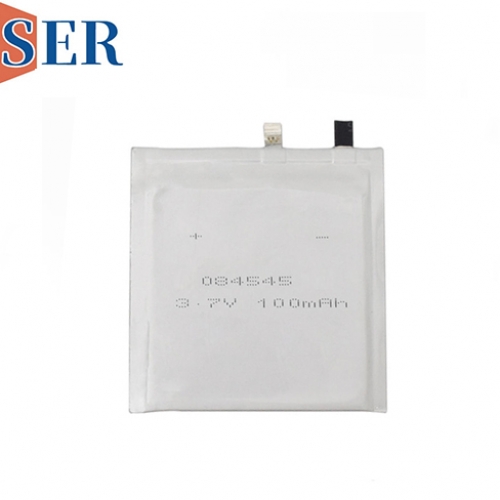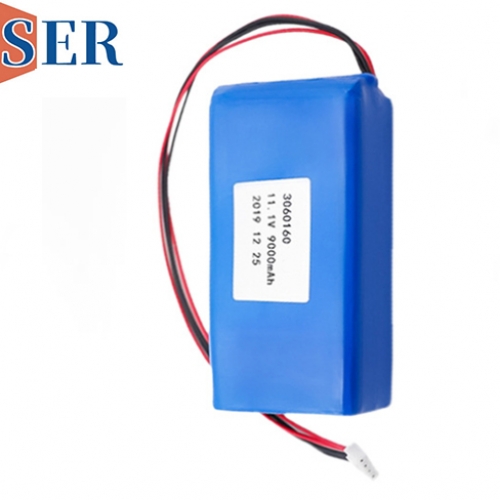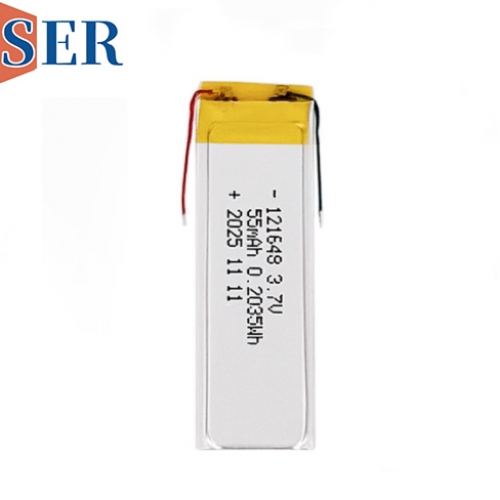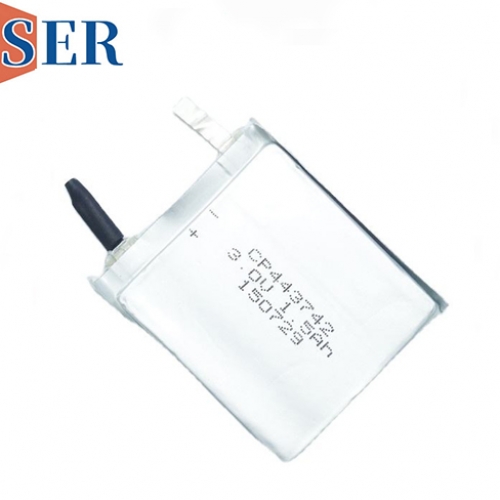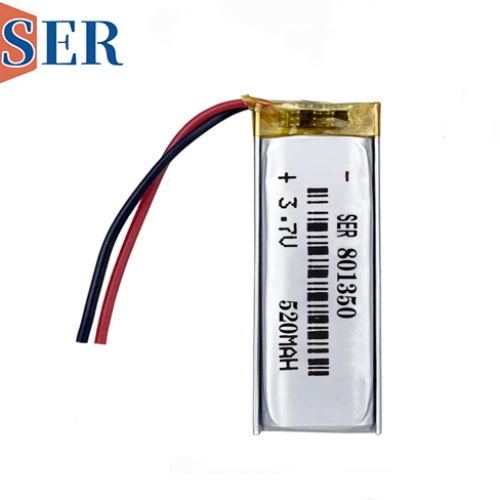Bobbin-Type LiSOCL2 ER26500 Batteries with Lithium Super-Capacitor 1520 for Water Meter
Bobbin-Type LiSOCL2 ER26500 Batteries with Lithium Super-Capacitor 1520 for Water Meter
Abstract
This article presents a detailed study on the application of bobbin-type LiSOCL2 ER26500 batteries combined with lithium super-capacitor 1520 in water meters. The integration of these two energy storage devices aims to enhance the metering system's reliability, efficiency, and lifespan. The article begins with a brief overview of water metering systems and their energy requirements. It then proceeds to discuss the working principles and characteristics of LiSOCL2 ER26500 batteries and lithium super-capacitors. Subsequently, the article delves into the advantages of combining these two technologies, followed by a detailed analysis of their performance in water metering applications. Finally, the article concludes with a discussion on the future prospects and potential challenges of this technology combination.

Introduction
Water metering systems play a crucial role in monitoring and managing water usage effectively. These systems require reliable and efficient energy sources to power their operations, especially in remote or unattended locations. Traditionally, alkaline batteries have been widely used in water meters due to their low cost and long shelf life. However, with the increasing demand for improved metering accuracy and extended system lifespan, there is a need for more advanced energy storage solutions.
In recent years, lithium-based batteries have gained popularity in water metering applications due to their higher energy density and longer lifespan compared to alkaline batteries. Among these lithium batteries, bobbin-type LiSOCL2 ER26500 batteries have emerged as a promising option. These batteries offer high capacity and extended shelf life, making them suitable for water meters that require reliable and sustained power over long periods.
In addition to lithium batteries, lithium super-capacitors have also been gaining attention in the field of water metering. Super-capacitors, known for their rapid charge-discharge capabilities and high power density, can complement batteries by providing instant power during peak demand periods. By combining the energy storage capabilities of lithium batteries with the power delivery performance of lithium super-capacitors, it is possible to create a more robust and efficient energy system for water meters.
This article aims to explore the integration of bobbin-type LiSOCL2 battery ER26500+SPC1520 in water metering applications. It begins with a brief overview of water metering systems and their energy requirements. It then proceeds to discuss the working principles and characteristics of LiSOCL2 ER26500+SPC1520 battery. Subsequently, the article delves into the advantages of combining these two technologies, followed by a detailed analysis of their performance in water metering applications. Finally, the article concludes with a discussion on the future prospects and potential challenges of this technology combination.
Working Principles and Characteristics of LiSOCL2 ER26500 Batteries
LiSOCL2 ER26500 batteries belong to the family of lithium thionyl chloride batteries. These batteries use lithium metal as the anode and thionyl chloride (SOCL2) as the cathode. The electrochemical reaction between these two materials produces energy in the form of electricity.
One of the key advantages of LiSOCL2 batteries is their high energy density, which allows them to store more energy compared to traditional alkaline batteries. This high energy density translates into longer runtime and better performance in energy-intensive applications such as water meters.
Another notable characteristic of LiSOCL2 batteries is their extended shelf life. Due to the stability of the lithium metal and thionyl chloride reaction, these batteries can maintain their charge for long periods without significant degradation. This is especially beneficial in water meters that may require years of unattended operation.
However, LiSOCL2 batteries also have some limitations. One of the main challenges is their relatively high self-discharge rate, which can lead to a gradual loss of charge over time. Additionally, these batteries require specific charging methods and cannot be charged using standard alkaline battery chargers.
Working Principles and Characteristics of Lithium Super-Capacitors
Lithium super-capacitors, also known as lithium-ion super-capacitors, are a type of electrochemical energy storage device that combines the high energy density of lithium-ion batteries with the fast charge-discharge capabilities of traditional super-capacitors.
The working principle of lithium super-capacitors is based on the intercalation of lithium ions between the electrodes during charging and their de-intercalation during discharging. This process allows for rapid energy storage and retrieval, making lithium super-capacitors ideal for applications that require high power delivery over short periods.
One of the key advantages of lithium super-capacitors is their high power density, which enables them to deliver large amounts of energy quickly.

